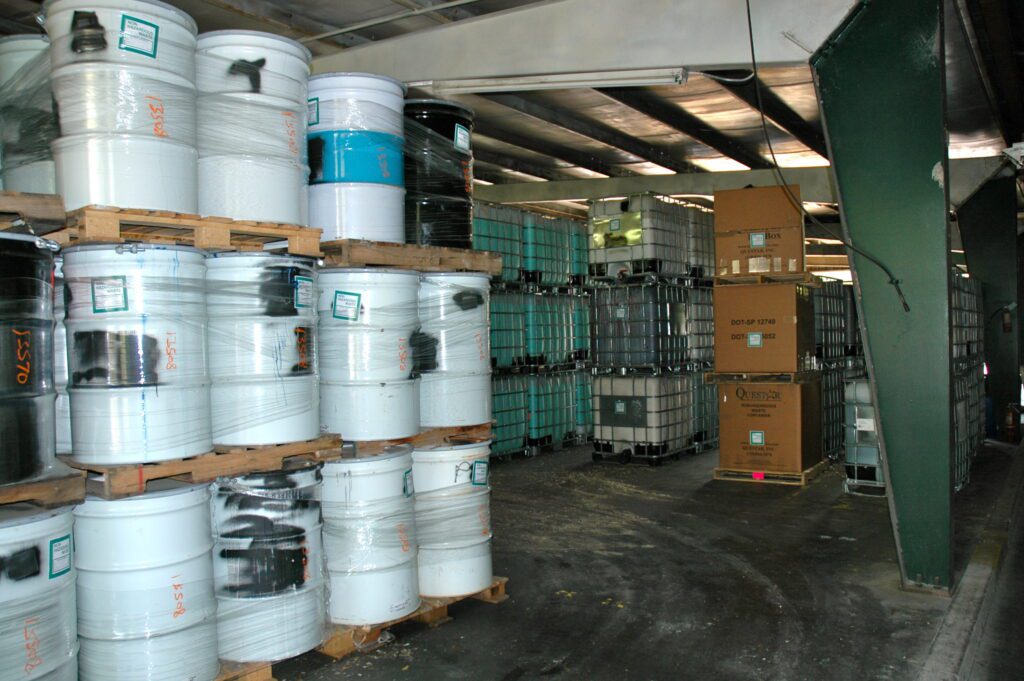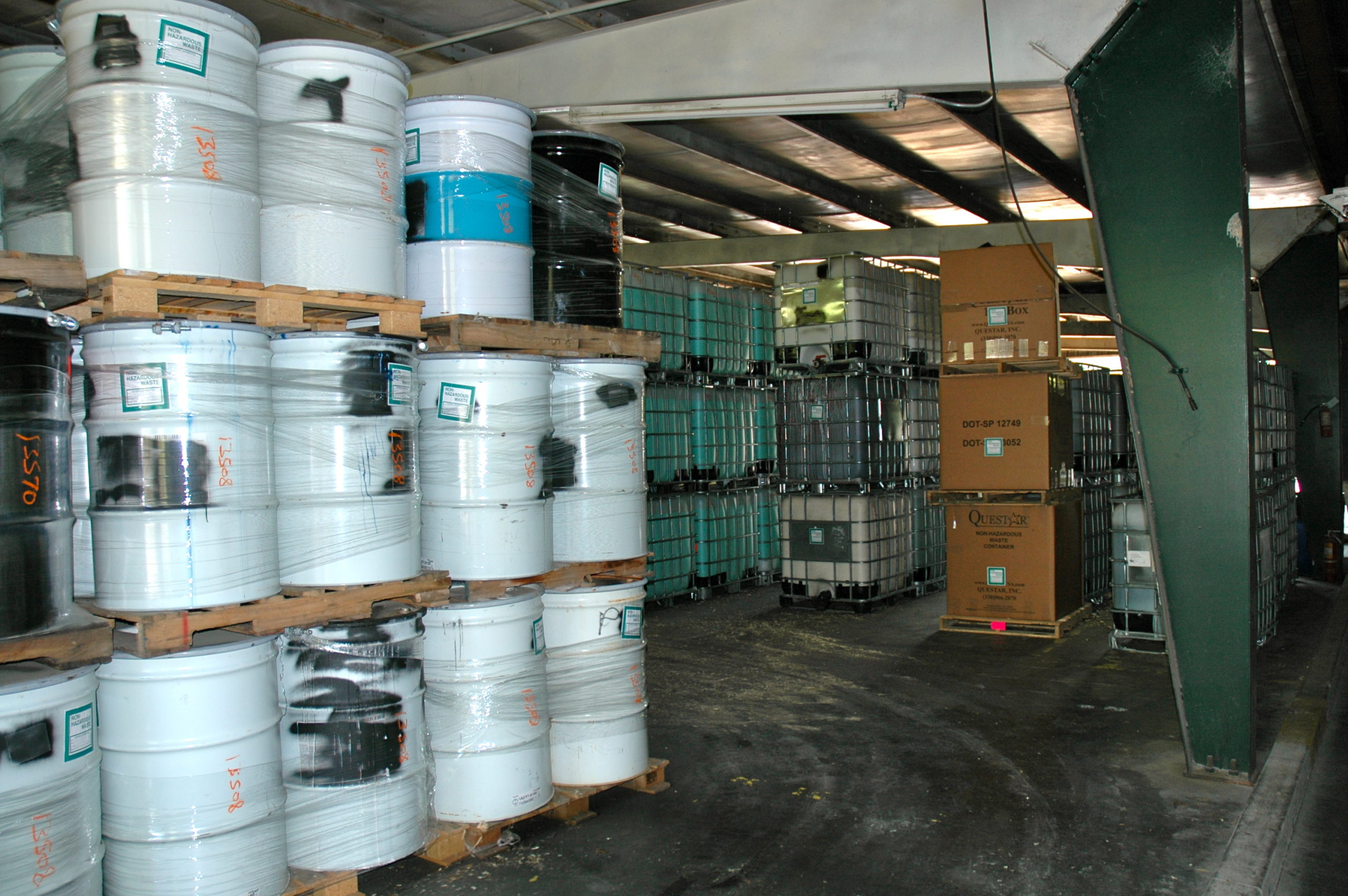Are you in need of professional waste removal services in Ohio? Look no further! Ohio offers a range of professional services that can help you dispose of waste properly and efficiently. Whether you are a homeowner or a business owner, these services are dedicated to ensuring the responsible removal and disposal of waste, keeping your surroundings clean and healthy. With their expertise and dedication, you can trust that your waste will be handled in a safe and sustainable manner. Say goodbye to the hassle of waste management and let Ohio’s professional services take care of it for you.
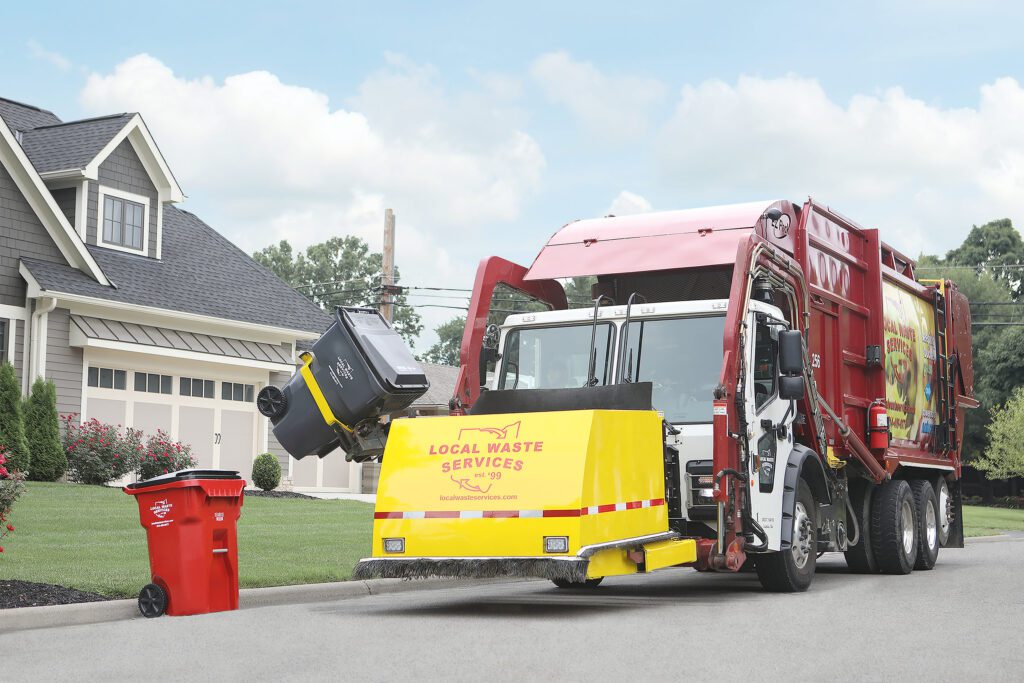
Types of Waste
General Waste
General waste refers to everyday waste that is commonly generated in households, offices, and commercial establishments. This includes materials such as food waste, paper, plastics, and other non-hazardous items. General waste is typically collected and disposed of through routine waste management systems.
Hazardous Waste
Hazardous waste poses a risk to human health and the environment due to its potentially harmful properties. This category includes materials such as chemical waste, flammable materials, and certain types of medical waste. Hazardous waste requires special handling, transportation, and disposal procedures to minimize the risk of contamination and harm.
Medical Waste
Medical waste refers to waste materials generated by healthcare facilities, including hospitals, clinics, and research laboratories. This waste can consist of items such as used syringes, contaminated gloves, and expired medications. Medical waste must be handled and disposed of in accordance with specific regulations to prevent the spread of infectious diseases and protect public health.
Construction and Demolition Debris
Construction and demolition debris comprises the waste generated from building and infrastructure projects. This can include materials such as concrete, bricks, timber, and hazardous substances like asbestos. Proper waste removal for construction and demolition projects is crucial to ensure the safe and efficient disposal or recycling of these materials.
Electronic Waste
Electronic waste, often referred to as e-waste, refers to discarded electronic devices and equipment. This category includes items such as computers, televisions, mobile phones, and other electronic appliances. Due to the presence of toxic substances like lead and mercury, proper waste removal and recycling of e-waste is important to prevent environmental contamination and recover valuable resources.
Importance of Proper Waste Removal
Environmental Protection
Proper waste removal plays a critical role in environmental protection. By disposing of waste in a responsible manner, we can prevent pollution of land, waterways, and air. Improper waste disposal can lead to the release of toxic substances into the environment, endangering ecosystems and the health of both humans and wildlife. By employing professional waste removal services, we can minimize our impact on the environment and contribute to a cleaner and healthier planet.
Public Health and Safety
Effective waste removal is essential for maintaining public health and safety. Improper disposal of hazardous or medical waste can result in the transmission of diseases and contamination of water sources. By ensuring that waste is collected, transported, and treated in accordance with regulations, we can safeguard the well-being of communities and reduce the risk of infectious outbreaks and other health hazards.
Compliance with Regulations
Proper waste removal is not only ethically and environmentally responsible but also a legal requirement. Federal, state, and local regulations impose specific guidelines for the handling, transportation, and disposal of different types of waste. Failure to comply with these regulations can lead to fines, penalties, and even legal consequences. By engaging professional waste removal services, individuals and businesses can ensure that they are meeting all necessary regulatory requirements.
Avoiding Legal Consequences
Improper waste removal can have serious legal consequences. Violations of waste management regulations can result in legal actions, which may include fines, legal fees, and reputational damage. Engaging the services of a professional waste removal company can provide peace of mind, knowing that the waste will be handled and disposed of properly, thereby minimizing the risk of legal entanglements.
Professional Waste Removal Services
Waste Collection
Professional waste removal services encompass the collection of waste from various sources, including residential properties, commercial establishments, and industrial sites. These services often involve the provision of waste bins or containers, regular schedules for waste pickup, and efficient disposal procedures.
Waste Transportation
Once waste is collected, it needs to be transported safely and efficiently to the designated treatment or disposal facilities. Professional waste removal services utilize specialized vehicles and trained personnel to ensure that waste is transported in compliance with regulatory requirements and without causing any harm to the environment or public safety.
Waste Treatment and Disposal
Depending on the type of waste, different treatment and disposal methods are employed. Professional waste removal services have expertise in handling and treating various kinds of waste, including hazardous and medical waste. Treatment methods may include sterilization, incineration, or chemical processes, while disposal can involve landfilling, recycling, or wastewater treatment.
Recycling Services
Many waste removal service providers offer recycling services as part of their operations. Recycling helps to minimize the amount of waste sent to landfills and promotes the sustainable use of resources. By engaging a professional waste removal service that incorporates recycling practices, individuals and businesses can contribute to the conservation of natural resources and reduce their environmental impact.
Choosing a Professional Waste Removal Service
Licenses and Certifications
When choosing a professional waste removal service, it is important to verify that the company holds the necessary licenses and certifications. These may include permits from the appropriate regulatory authorities and any relevant certifications that demonstrate the company’s commitment to best practices in waste removal.
Experience and Expertise
Experience and expertise are crucial factors to consider when selecting a waste removal service provider. Companies with a proven track record in the industry are more likely to have the necessary knowledge and skills to handle different types of waste effectively. It is advisable to inquire about the company’s experience in managing specific types of waste that may be relevant to your needs.
Equipment and Resources
The availability of appropriate equipment and resources is paramount for efficient waste removal. A professional waste removal service should have the necessary vehicles, containers, and tools to handle waste of various sizes and types. It is essential to ensure that the service provider can meet your specific waste removal requirements.
Availability and Flexibility
Flexibility in scheduling waste removal services is an important consideration, particularly for businesses or facilities that generate waste on a regular basis. It is beneficial to partner with a waste removal service that can accommodate your specific needs and provide timely service. Additionally, availability of emergency response services in case of unforeseen waste management needs is a valuable feature to inquire about.

Waste Management Plans
Developing a Comprehensive Waste Management Plan
Developing a comprehensive waste management plan is essential for businesses and organizations to ensure proper waste removal. The plan should outline waste generation sources, methods of collection and transportation, treatment and disposal procedures, as well as recycling initiatives. It is crucial to involve key stakeholders and ensure that the plan aligns with regulatory requirements and sustainability goals.
Periodic Review and Evaluation
Waste management plans should be periodically reviewed and evaluated to assess their effectiveness and identify areas for improvement. Regular monitoring of waste generation, collection, and disposal processes can help identify opportunities for cost reduction, increased efficiency, and enhanced environmental performance. Periodic review also enables companies to stay up to date with changing regulations and industry best practices.
Employee Training and Awareness
Proper implementation of waste management plans relies on the cooperation and understanding of employees. Investing in employee training and awareness programs can help ensure that waste is segregated correctly, procedures are followed, and recycling initiatives are actively supported. Well-informed and engaged employees are essential for the successful implementation of waste management plans.
Continuous Improvement
Waste management is an ongoing process, and continuous improvement is key to ensuring its effectiveness. Regularly monitoring and evaluating waste management practices, seeking feedback from stakeholders, and exploring innovative waste reduction and recycling strategies are all integral to achieving continuous improvement in waste management.
Ohio Regulations on Waste Removal
Ohio EPA’s Role
In Ohio, the Environmental Protection Agency (EPA) plays a crucial role in regulating waste removal and management. The Ohio EPA sets standards and guidelines for waste disposal, issues permits for waste management facilities, and monitors compliance with state and federal regulations. The agency also provides resources and guidance to businesses, organizations, and individuals to ensure the proper handling and disposal of waste.
Permitting and Reporting Requirements
Waste management facilities in Ohio are required to obtain permits from the Ohio EPA. These permits outline the expectations and conditions for operating waste management facilities safely and in compliance with regulations. Facilities must also submit regular reports detailing the types and amounts of waste received, treatment processes employed, and disposal methods used.
Waste Characterization and Classification
Ohio regulations require waste generators to properly characterize and classify the waste they generate. This involves identifying the type of waste, assessing its physical and chemical properties, and determining whether it falls under specific regulatory classifications (such as hazardous waste). Proper waste characterization is essential for ensuring that waste is managed in accordance with the appropriate regulations and handled safely.
Disposal Restrictions
Ohio has specific disposal restrictions in place for certain types of waste. These restrictions aim to prevent the improper disposal of hazardous or potentially harmful materials. Waste generators must adhere to these restrictions and ensure that waste is disposed of at authorized facilities that can safely handle and manage the waste according to regulatory requirements.
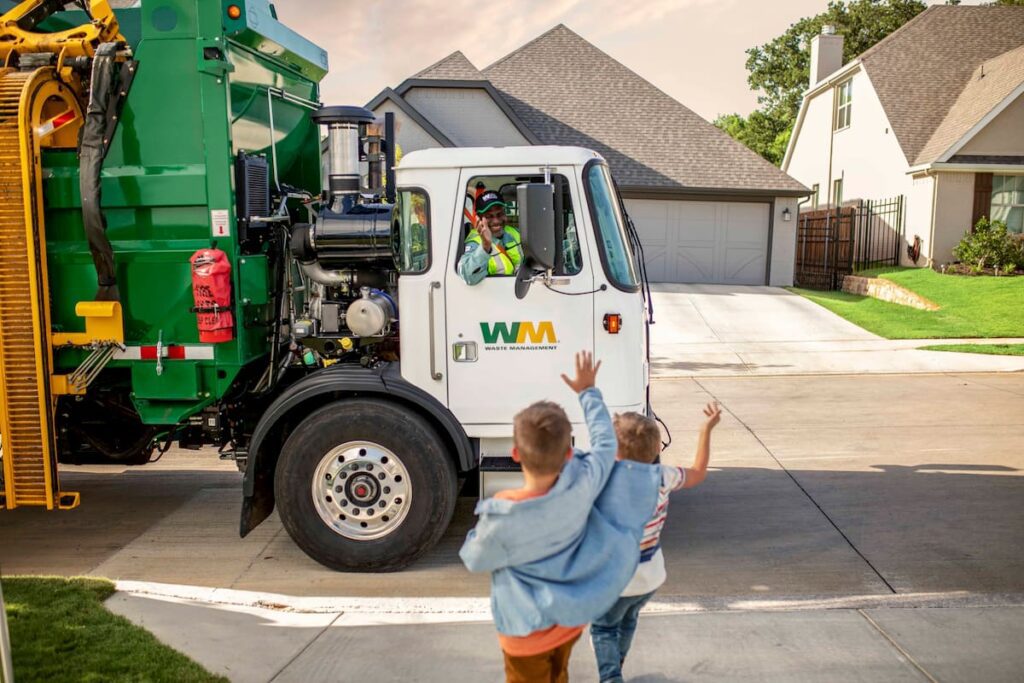
Cost Considerations
Factors Affecting Cost
Several factors can influence the cost of professional waste removal services. These include the volume and type of waste being generated, the complexity of the waste management requirements, the distance between the waste generation site and the disposal facility, and the specific treatment or disposal methods employed. Generally, hazardous or specialized waste removal services may cost more due to the additional precautions and regulatory compliance measures involved.
Comparing Quotes and Services
To make an informed decision, it is advisable to obtain quotes from multiple waste removal service providers. It is important to compare the services offered, including waste collection, transportation, treatment, and disposal methods. Evaluating the service provider’s reputation, customer reviews, and track record can also help assess the quality and reliability of the services offered.
Balancing Cost and Quality
While cost is an important consideration, it should not be the sole determining factor when choosing a waste removal service. Ensuring proper waste handling, compliance with regulations, and appropriate disposal methods are essential for both environmental protection and legal compliance. Balancing cost and quality ensures that waste removal services are effective, safe, and aligned with sustainability goals.
Benefits of Hiring Professional Waste Removal Services
Efficient and Timely Service
Professional waste removal services offer efficient and reliable waste collection, transportation, and disposal. With their expertise and resources, they can ensure that waste is managed in a timely and organized manner, minimizing any disruptions to daily operations. By outsourcing waste removal, businesses and individuals can focus on their core activities, confident that waste management is being handled effectively.
Proper Handling and Disposal
Professional waste removal services are well-equipped to handle different types of waste safely and in compliance with regulations. They have the knowledge, training, and appropriate equipment to handle hazardous or specialized waste, minimizing the risk of accidents, contamination, or harm to public health. Proper handling and disposal ensure that waste is managed responsibly and that potential environmental impacts are minimized.
Reduced Environmental Impact
Engaging professional waste removal services can contribute to reduced environmental impact. These services often prioritize recycling and waste reduction initiatives, diverting waste from landfills and reducing the need for raw materials extraction. By employing sustainable waste management practices, professional services support the conservation of natural resources and contribute to a more sustainable future.
Compliance with Regulations
Adhering to waste management regulations is crucial to avoid legal consequences and protect public health. Professional waste removal services are well-versed in the requirements and regulations governing waste management. By engaging their services, individuals and businesses can ensure that waste is managed in accordance with applicable laws and guidelines.
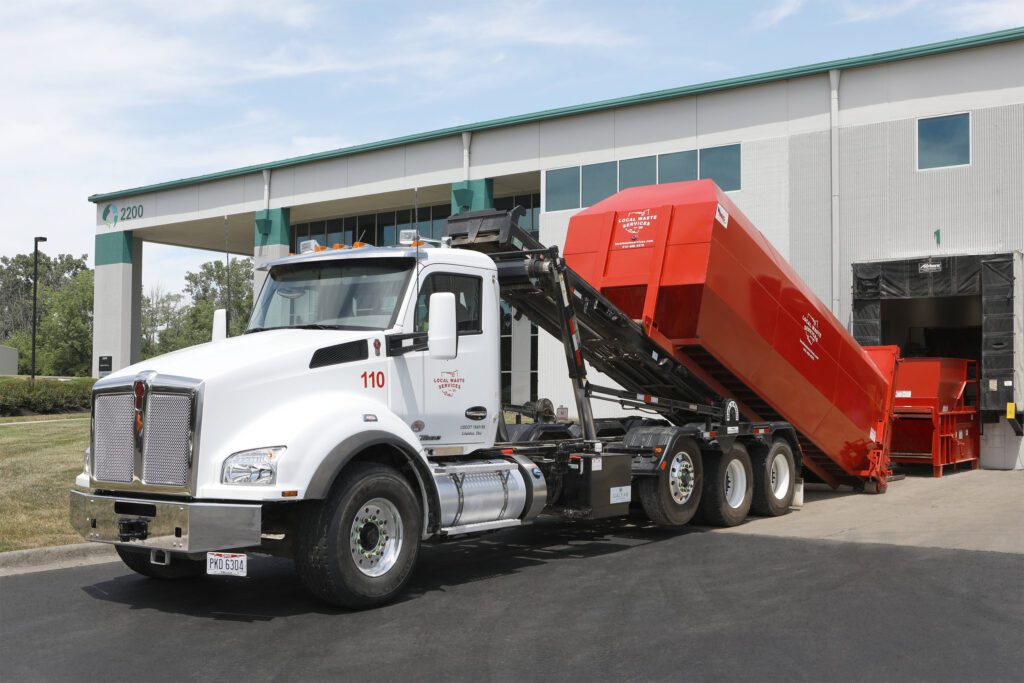
Case Studies
Large-Scale Waste Removal Project for a Manufacturing Facility
A manufacturing facility recently faced the challenge of removing a significant amount of waste generated during an expansion project. This waste included construction debris, hazardous materials, and general waste. The facility partnered with a professional waste removal service that had experience in managing large-scale waste removal projects. The service provider developed a comprehensive waste management plan that addressed the specific waste types, quantities, and regulatory requirements. Through efficient waste collection, transportation, and disposal processes, the service provider successfully removed the waste while minimizing the impact on the facility’s operations and the environment.
Healthcare Facility Waste Management Success Story
A healthcare facility recognized the need to improve its waste management practices to ensure compliance with regulations and protect public health. The facility engaged a professional waste removal service that specialized in medical waste management. The service provider conducted a waste audit to assess the facility’s waste generation patterns and identify areas for improvement. Through employee training programs and communication initiatives, the service provider enhanced waste segregation practices and implemented proper disposal methods for different types of medical waste. This resulted in improved compliance with regulations, reduced environmental impact, and enhanced public health and safety.
Conclusion
Proper waste removal is vital for environmental protection, public health, regulatory compliance, and sustainability. Engaging professional waste removal services provides numerous benefits, including efficient and timely waste management, proper handling and disposal, reduced environmental impact, and compliance with regulations. When choosing a waste removal service, considerations such as licenses and certifications, experience and expertise, equipment and resources, and availability and flexibility should be taken into account. Implementing comprehensive waste management plans, periodically reviewing and evaluating practices, and investing in employee training contribute to continuous improvement in waste management. Ohio regulations govern waste removal and management, with the Ohio EPA playing a key role in setting standards and ensuring compliance. Cost considerations should balance factors such as waste type and volume, service quality, and regulatory requirements. Through case studies, we can see that professional waste removal services have successfully managed large-scale waste removal projects and improved waste management practices in healthcare facilities. In conclusion, Ohio residents and businesses can benefit from engaging professional waste removal services that prioritize environmental protection, public health, and regulatory compliance.
